17 Serious Downsides of Being a First-Born or an Only Child
Sure, being the firstborn or an only child might seem like a sweet deal. You’re getting all the attention, the first crack at everything, and no competition for the remote. But dig a little deeper, and you’ll find it’s not always sunshine and applause. These kids have to face constant pressure and may experience unexpected loneliness. Plus, these roles come with challenges that only those who’ve lived them truly understand.
Here’s everything you need to know about what makes being the first in line, or the only one, tougher than it looks.
The Weight of High Expectations
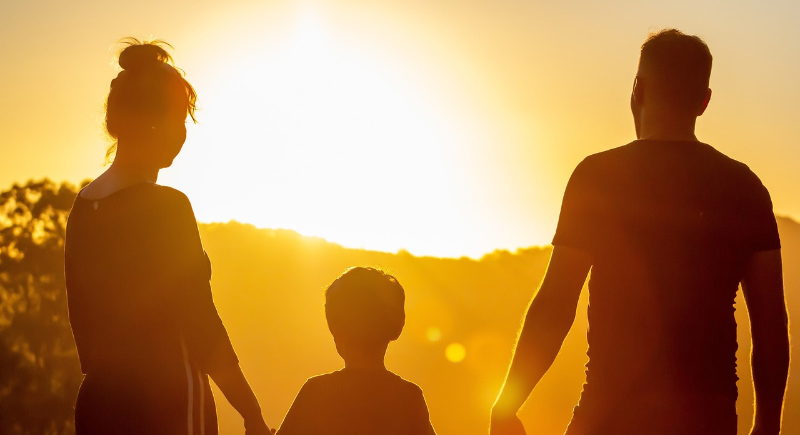
Credit: pixabay
Parents naturally want their eldest or only child to succeed, but this could lead to constant pressure. These kids are expected to excel in school and become a role model. These expectations to perform can feel like a heavy burden. It often leaves little room for mistakes, making childhood less about exploration and more about meeting goals.
A Quiet Childhood
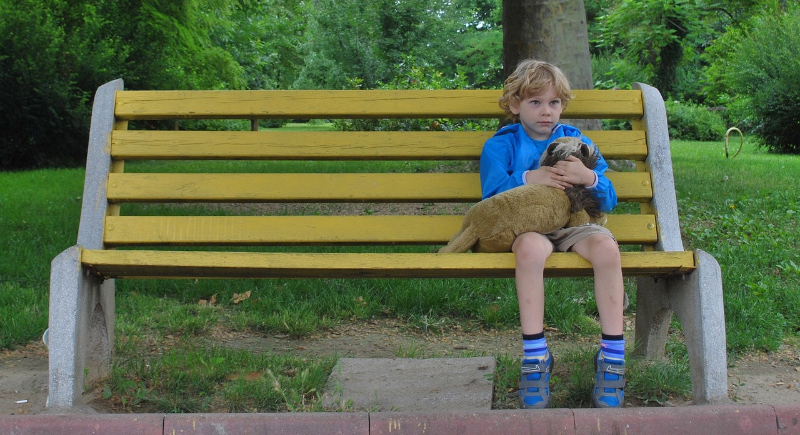
Credit: pixabay
For such children, loneliness can creep in really early in their lives since they don’t have siblings to share the everyday chaos of growing up. Only children may miss the companionship of a sibling to play with or confide in, while firstborns sometimes feel overlooked once younger siblings arrive. It’s an isolation few talk about but many feel deeply.
Growing Up Faster Than Others
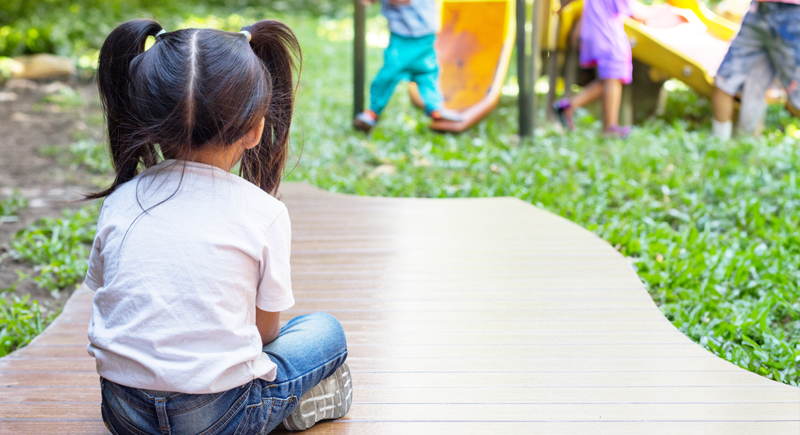
Credit: iStockphoto
Firstborns often find themselves in a “helper” role early on. They’re expected to care for younger siblings or step in to support their parents. Similarly, only children frequently interact more with adults than peers, which can speed up maturity. While this builds responsibility, it can also rob kids of a carefree childhood.
Challenges in Sharing and Teamwork
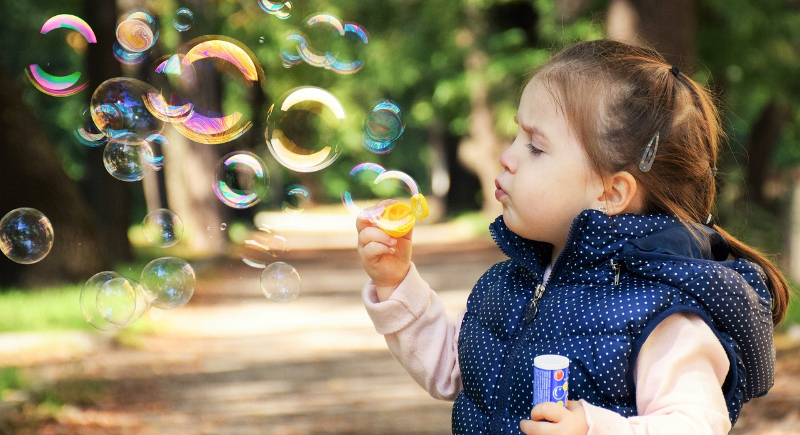
Credit: pixabay
Without siblings to practice sharing toys, space, or attention, collaboration might feel foreign. Only children can struggle with compromise, while firstborns may carry a sense of ownership or control from being “in charge” at home. These habits can be tricky to unlearn later in life.
The Financial Pressure Starts Early
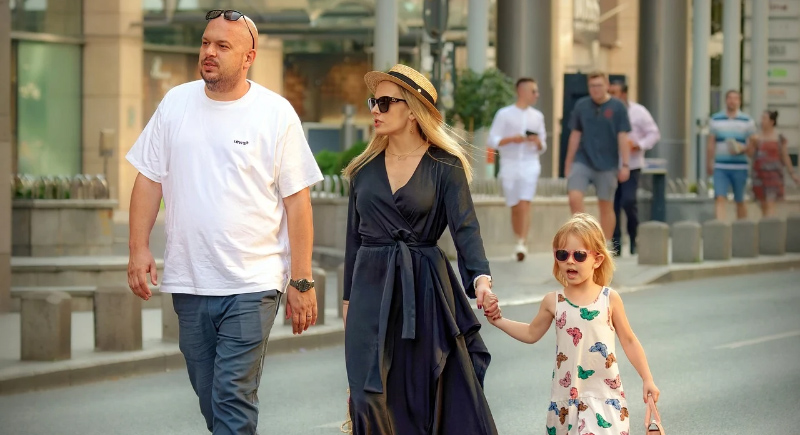
Credit: pixabay
Parents often look to their eldest or only child to achieve stability quickly. Whether it’s doing great in college applications or landing an awesome first job, the focus on financial independence can overshadow the need for growth and exploration. It’s not uncommon for these kids to feel they’re always racing against the clock.
Difficulty Bouncing Back from Mistakes
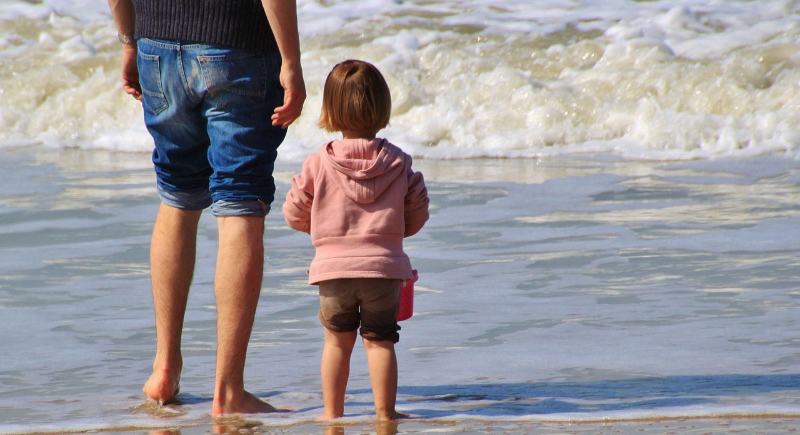
Credit: pixabay
Living under constant attention can make failure feel massive. Firstborns and only children often internalize setbacks, worrying they’ve disappointed their parents. This sensitivity can lead to hesitation when trying new things or taking risks. This can stifle personal growth in the long run.
Social Skills May Take a Backseat
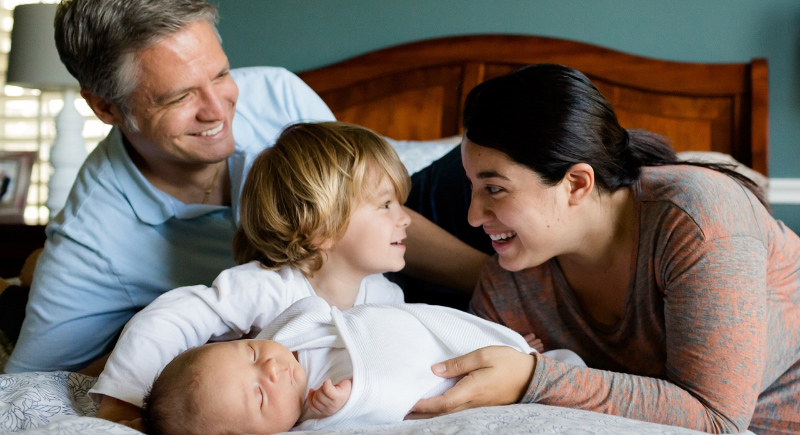
Credit: pixabay
Without the constant give-and-take of sibling relationships, developing social skills can be a slower process. Firstborns might focus more on leadership than bonding with their siblings, while only children could find peer interactions challenging after years of adult-dominated conversations.
Playing the “Little Parent” Role
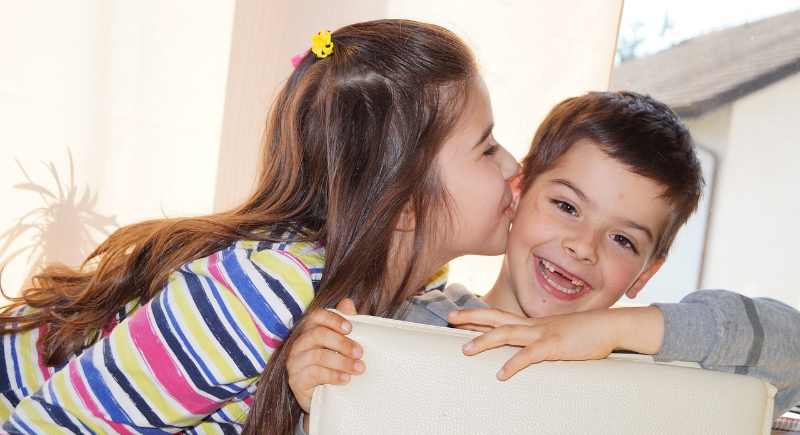
Credit: pixabay
The first-in-line are often expected to keep younger siblings organized, blending their childhood with a dose of adult responsibility. While this builds character, it can also lead to resentment. For only children, this dynamic often exists with parents, where they’re treated more as equals than kids.
Overprotective Parenting Limits Independence

Credit: pixabay
Parents tend to be more cautious with their firstborn or only child, often hovering to ensure safety and success. While their intentions are good, this overprotection can create challenges later. These children might feel unprepared for life’s unpredictability when they step out on their own.
The Struggle for Identity
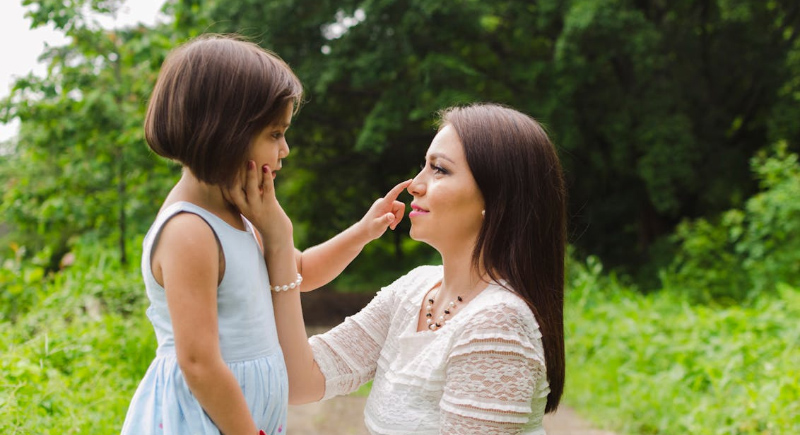
Credit: pexels
It can be hard for firstborns and only children to figure out who they really are. Family roles, like being “the responsible one” or always in the spotlight, often take over. This can make it tough to explore their own interests and build a sense of identity that feels personal and true.
Taking on the Family’s Emotional Weight
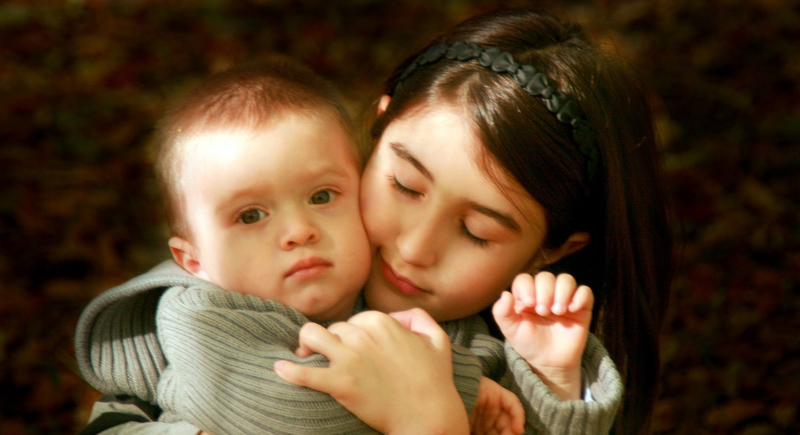
Credit: pixabay
In many families, firstborns step up as peacekeepers, resolving conflicts between parents and younger siblings. For only children, the focus shifts and they often become the go-to for their parents’ emotional support. Both roles can feel heavy, especially for young children. Such kids may never learn to prioritize their own feelings or boundaries.
Navigating Social Situations Alone

Credit: iStockphoto
Without the support of sibling interactions, firstborns and only children can become overly focused on social cues. They might second-guess their actions or feel unsure in group settings. This heightened self-awareness often makes building confidence in relationships harder compared to peers who grew up with siblings.
Struggling to Balance Independence and Support
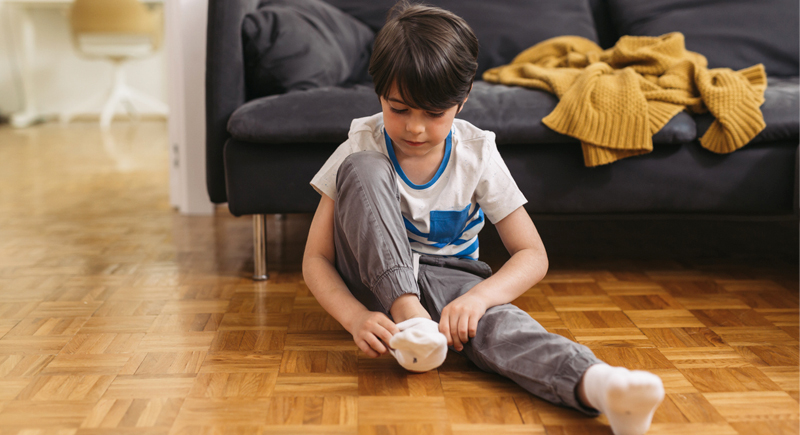
Credit: iStockphoto
Firstborns and only children often grow up learning to rely on themselves. While this builds resilience, it can make it hard to seek or accept help. Whether it’s asking for emotional support or sharing responsibilities, they may feel the need to handle everything alone.
High Sensitivity to Criticism

Credit: iStockphoto
With constant parental focus, firstborns and only children often grow up hearing every critique, big or small. This can make them overly sensitive to feedback, and they fear failure or rejection even in low-stakes situations.
Difficulty Sharing the Spotlight Later in Life
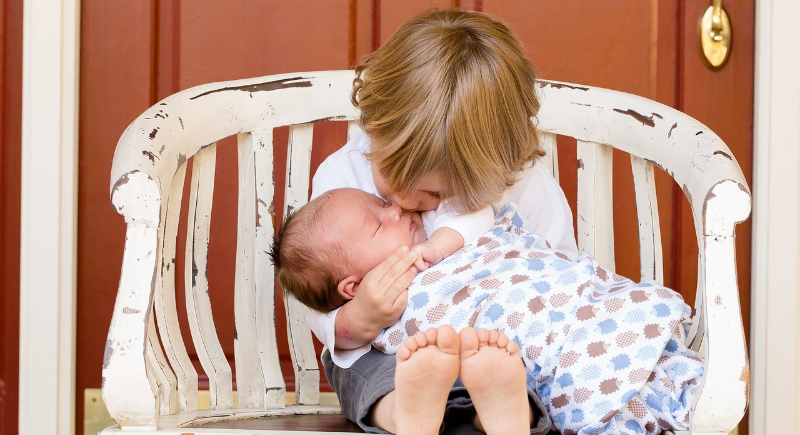
Credit: pixabay
Growing up as the center of attention can make it challenging to adapt when the focus shifts. Firstborns may struggle when younger siblings achieve milestones, and only children might find it difficult to adjust to environments where they’re not the main focus.
Fear of Disappointing Parents Even as Adults
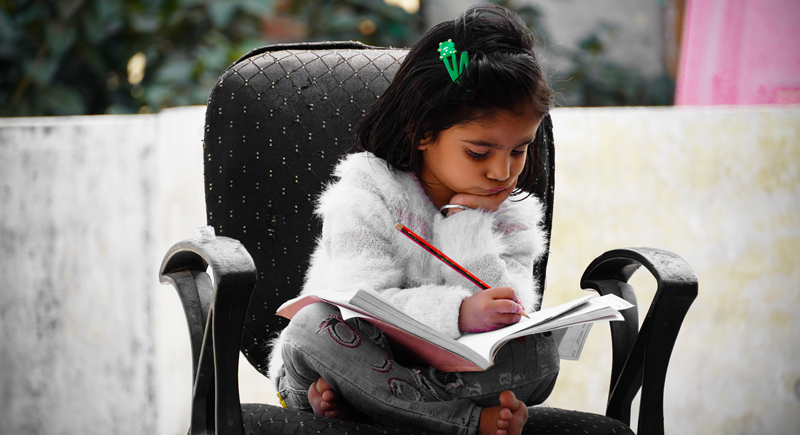
Credit: iStockphoto
Firstborns and only children often grow up with intense pressure to meet high expectations. Studies link these roles to higher rates of childhood anxiety and perfectionism. Even in adulthood, the desire to make parents proud can linger, turning family approval into a quiet but persistent source of emotional stress.
The Pressure to Always Lead

Credit: Wikimedia Commons
Research shows that firstborns are often treated as natural leaders, while only children receive focused attention that drives achievement. Both roles can shape ambition, but also create invisible pressure to guide or outperform others. Over time, the expectation to always lead can feel more like a duty than a choice.